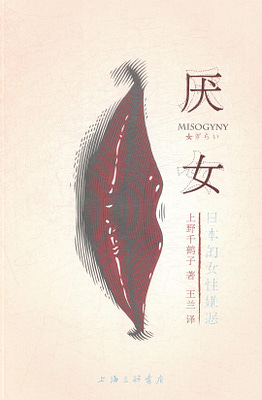Professor Aili Mu
(March 21, 1958–December 7, 2025)
Aili Mu, 67, Professor Emerita of World Languages and Cultures at Iowa State University, passed away on December 7, 2025. Aili was born in Beijing and grew up in Shandong Province, China—the homeland of Confucius. Her life and career bridged China and the USA. After completing her B.A. (1982) and M.A. (1985) in English at Shandong University, she taught at China Foreign Affairs University (1985–1989). She later moved to the United States to pursue her Ph.D. in Comparative Literature at SUNY Stony Brook, which she completed in 1996. Aili joined the faculty at Iowa State University in 2001 after teaching at Vassar College. Over the next twenty-five years, she made Ames her home.
Aili singlehandedly established the Chinese Studies Program at ISU. In addition to developing the Chinese curriculum, she devoted herself wholeheartedly to teaching. She taught Chinese language courses at all levels, as well as classes on Chinese film, literature, cultural traditions, translation, and contemporary China. She also organized numerous extracurricular cultural activities, lectures, and events to enrich student learning. Seeking to bring together the best values of Chinese and American culture, she infused passion and love into her work. Her genuine care for the intellectual and personal growth of her students earned their lasting admiration; many remained in close contact with her long after graduation.
Aili was also a dedicated scholar, developing her research in close dialogue with her teaching. She published extensively in both English and Chinese on Chinese aesthetics, literature and culture, translation studies, calligraphy, instructional technology, and pedagogy. In addition to numerous journal articles, she authored two refereed books with Columbia University Press: Loud Sparrows: Contemporary Chinese Short-Shorts (2006) and Contemporary Chinese Short-Short Stories: A Parallel Text (2017). The latter earned her the 2018 Franklin R. Buchanan Prize from the Association for Asian Studies. Aili received both a National Endowment for the Humanities Fellowship (2004) and a Fulbright Scholar Research Grant (2007).
Aili was the youngest of three siblings. She is survived by her husband, her elder sister, elder brother and her nephews and nieces. Beyond her family, Aili’s profound knowledge, sincerity, and humility earned her lasting friendships near and far. A loving person, she delighted in exchanging thoughts and ideas, taking long walks in nature, sharing life stories, cooking and dining, gardening, and the arts. Her legacy will continue to inspire all who knew her.
Tonglu Li <tongluli@iastate.edu>







